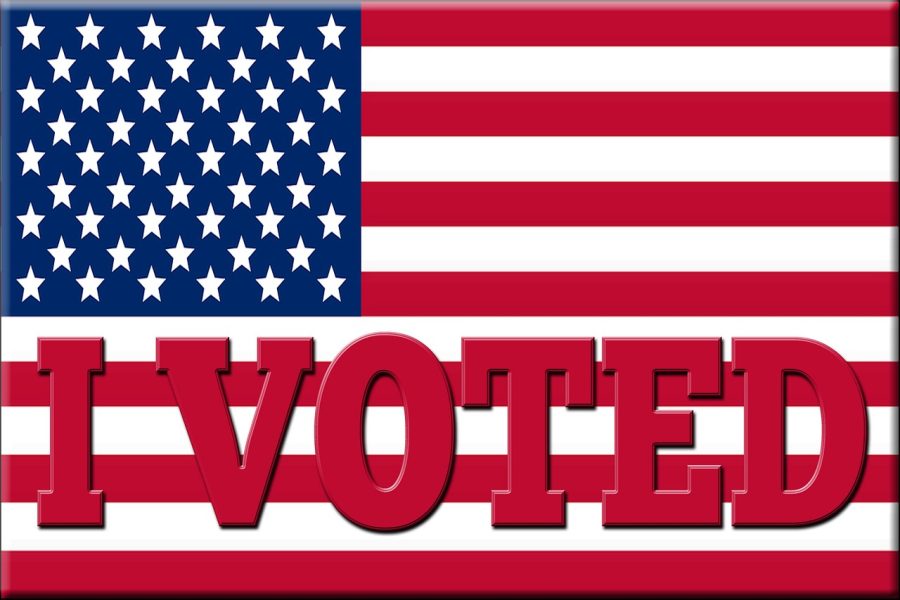The current voting age in most countries, including the United States, is eighteen. However, there has been an ongoing debate about whether raising the voting age to twenty-one would be beneficial for our society. Proponents argue that a higher voting age would ensure more informed and responsible voters, while critics contend that it could disenfranchise young adults and impede their political engagement
Why voting is essential
Voting is not just a right; it is a fundamental duty and a powerful tool for shaping the future of a nation. Every eligible citizen should exercise their right to vote because it is through voting that individuals have a direct say in the decisions that affect their lives, communities, and the overall direction of their country.
By casting a ballot, individuals have the opportunity to express their preferences, values, and concerns, and to contribute to the democratic process. Voting allows citizens to hold their elected representatives accountable, influence public policies, and bring about positive change.
It is a way to participate actively in shaping the society we want to live in and to ensure that our voices are heard. Moreover, the right to vote has been fought for and earned through the sacrifices of those who came before us, and it is our responsibility to honor their legacy by exercising this fundamental right.
The Importance of an Informed Electorate:
One of the primary arguments for raising the voting age is to ensure a more informed electorate. Advocates claim that individuals under twenty-one may not possess the necessary maturity, life experience, and knowledge to make informed decisions on complex political issues. By raising the voting age, it is argued that young adults will have more time to develop a better understanding of the political landscape, public policies, and the consequences of their choices.
Schools and Political Education:
A crucial aspect of preparing young adults for active participation in democracy is education. Schools play a vital role in providing students with an understanding of how our country operates and the role of political parties. While some educational institutions excel in teaching civics and fostering political awareness, others fall short. Enhancing civics education across the board can help ensure that young people are well-informed about the political process and can make informed decisions when casting their ballots.
Consideration of Arguments before Casting a Ballot:
Advocates for raising the voting age argue that it allows individuals more time to consider the arguments and proposals put forth by political candidates. By delaying the voting age, young adults would have the opportunity to gain real-world experiences, engage in critical thinking, and develop a deeper understanding of the implications of their choices. This can potentially lead to a more thoughtful electorate, less prone to impulsive decisions or influence by misleading information.
Voting for the same party consistently without critical evaluation can lead to complacency and a lack of accountability among political leaders, hindering progress and innovation. Exploring alternative parties and candidates ensures a diversity of ideas, fosters healthy competition, and encourages a more robust and dynamic political landscape.
The Potential Benefits of a 21-Year-Old Voting Age:
Supporters of a higher voting age contend that it can lead to greater political stability and long-term planning. They argue that individuals in their early twenties are more likely to have settled into adult life, completed their education, and gained work experience. This increased maturity and life experience could result in a more balanced and pragmatic approach to voting, fostering a greater sense of responsibility among young voters.
Senior who is eighteen “As a student athlete, you experience more stress, and this makes it harder for me to stay current on politics than when I’m not in high school,” according to Michael Ebner, who concurs with this remark.
Considerations and Potential Drawbacks:
However, critics argue that raising the voting age could unfairly disenfranchise young adults who are politically engaged and well-informed. They point out that many young adults actively participate in social and political movements, demonstrating their ability to contribute meaningfully to public discourse. Additionally, some argue that since young adults are directly affected by government policies, they should have a say in shaping those policies through their votes.
On the other hand, opponents of raising the voting age express concerns about the potential negative impact on political engagement among young adults. They argue that lowering the voting age to eighteen was a significant milestone in the history of democratic progress, acknowledging the rights and responsibilities of young citizens. Excluding them from the political process until the age of twenty-one may lead to disillusionment and apathy, undermining their sense of civic duty and participation.
Another consideration is that age does not necessarily equate to maturity or political knowledge. There are individuals below the age of twenty-one who are well-informed, engaged, and capable of making thoughtful decisions. Denying them the right to vote solely based on age could undermine the principles of equality and fairness in our democracy.
General Knowledge Test
Requiring a knowledge test before voting may sound like a good idea to ensure informed voters, but it raises concerns about fairness and accessibility. Such tests could create barriers, especially for marginalized communities. Instead, we should focus on educating people about politics and empowering them to make informed decisions without restricting their right to vote.
Should paying taxes lead to a vote
On the one hand, advocates contend that paying taxes shows a level of civic responsibility and involvement in the government’s operation. They contend that those who pay taxes have a stake in the system and ought to participate in decision-making.
Additionally, requiring tax payments in order to vote could lead to an imbalance where people with higher incomes and greater tax obligations wield more power in the political system.
A democratic society’s justice, inclusion, and equitable representation are significant issues that are brought up when voting eligibility is primarily dependent on tax payments. To respect the values of democracy, defend the rights of all citizens, and advance a representative and inclusive system, any modifications to voting rights should be carefully reviewed.












